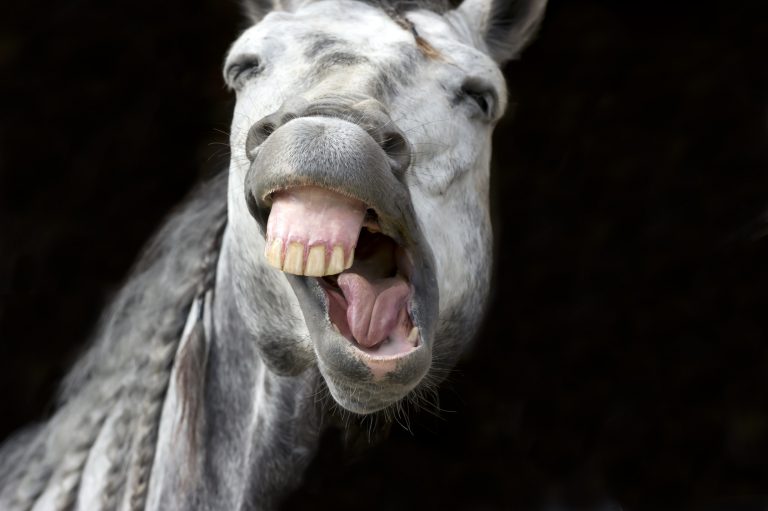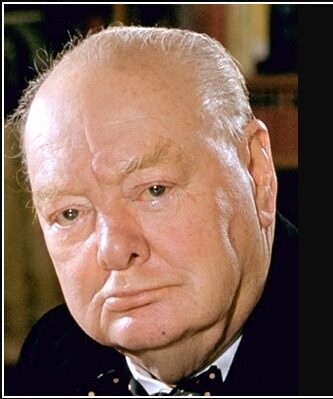
English speakers’ humour varies from the basic children’s “knock-knock” jokes to the more subtle and sometimes intricate layers of english humour to be found in adult television sitcoms, plays, movies and live comedy shows.
Finding out what makes English speaking people laugh opens the door a little wider on a language that is at times very confusing.
In the interests of speed and simplicity, we’ll focus on short, witty quotations, a common source of humour in most languages. Visual humour is more complex and will be discussed in future articles.
Some of the quotations are contemporary, others from well- known humourists from earlier days. We provide the author’s name so that you can search for other examples of their dazzling wit.
The “knock-knock” english humour
Before that, here’s a quick explanation of “knock-knock” jokes. The idea behind all of them is, like in a game, you imagine a knock on the door from someone outside.
Joke teller: “Knock-knock!”
Answer from you: “Who’s there?”
Joke teller: “Ivor.”
Answer from you: “Ivor who?”
Joke teller: “Ivor sore hand from knocking.”
The joke here lies in the sound of the name Ivor being similar to the English phrase “I have a…” or in its shorter form, “I’ve a…”
All “knock-knock” jokes follow the same form. Here’s another:
“Knock-knock!”
“Who’s there?”
“Harry.”
“Harry who?”
“Harry up, it’s cold out here.”
The joke here is the closeness of the name Harry to the English word hurry. Believe it or not, young children find these hilarious.
Now to the first of our funny quotes. Some of them are quite well known, others less so.
“I come from a long line of actors. It’s called the dole queue.” Alan Davies
The author is a famous British television actor. The dole is British slang for social assistance payments, so the humour relates to the large number of actors who are unemployed. It may seem strange to make jokes about people unable to find a job, but it’s typical of the British habit of laughing even when times are tough.
“Politicians are the same all over. They promise to build a bridge even when there is no river.” Nikita Kruschev
Kruschev was leader of the Soviet Union from 1955-1964. His remark, translated from Russian, refers to politicians who will promise anything just to get elected. The irony, of course, is there were no democratic elections in the Soviet Union when Kruschev took power, so he didn’t have to promise voters anything.
“Basically, my wife was immature. I’d be at home taking a bath and she’d come in and sink my boats.” Woody Allen
As you probably know, Woody Allen is a world-famous writer, actor, comedian and movie director. This is typical of his style of humour. He accuses his wife of being immature, yet he’s the one who plays with toy boats in his bath.
“My uncle had a rabbit’s foot for thirty years. His other foot was quite normal.” Tom Griffin
Since ancient times, a rabbit’s foot has been a good luck charm. People who carried one believed it would protect them from danger and disease. In this joke, you at first believe the uncle kept a rabbit’s foot for luck.
The second part of the sentence reveals that one of his own feet was that of a rabbit. The next example uses a similar device, one of the very common tricks in English jokes. Tom Griffin was a leading US baseball player until the 1980s.
“I always remember the last words of my grandfather who said, ‘A truck!’.”
This style of humour is popular with stand-up comedians and in funny movies where quick and regular laughs are required. Emo Phillips is an American comedian who specializes in this technique.
The last words in this sense mean the last thing he said before he died. You would expect them to be a memorable statement about his life or even his death. Instead, he yells in alarm just as he is about to fatally collide with a truck.
There’s nothing new in this type of humour. Aristotle, the Greek philosopher, said, “And on his feet he wore…blisters.”
“Like all good ruins, I look better by moonlight.” Phyllis Diller
If it can be said that there is a type of humour most English-speaking people in the world understand, it is when the joke teller makes fun of themselves. Phyllis Diller, a popular American comedian, actress, artist and musician was famous for comedy of this type, from the mid-1950s until the year before her death in 2012. It is known as self-deprecating comedy.
“I was so horrified when I read about the effects of smoking that I gave up reading.” Henny Youngman
Once again, a stand-up comedian delivers a joke in a single sentence. They’re called one-liners. In this case, you expect him to say he’s given up smoking, so the surprise, once again, is in the conclusion: instead of quitting smoking, he’s not going to read any more about its impact on his health.
Henny Youngman, known as King of the One Liners, was a popular comedian and jazz violinist from the 1930s. He was still performing shortly before his death in 1998.
(If you’d like to impress people at cocktail parties, the grammatical word for a sentence that has an unexpected and usually funny outcome is a paraprosdokian. From the Greek, meaning against expectation.)
If you liked, then please subscribe to our YouTube Channel for video content. You can also find us on Twitter, Facebook, Instagram and Linkedin.




